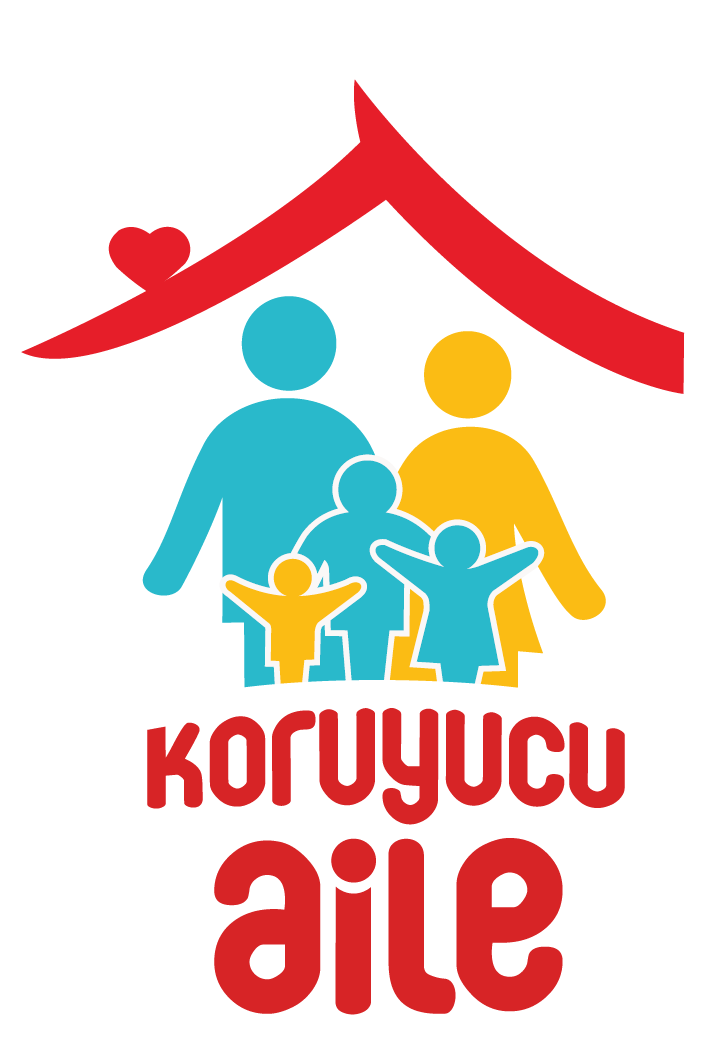Question 1: What is accessibility for people with disabilities?
Accessibility; buildings, open spaces, transportation and information services, and information and communication technology are safely and independently accessible and available to people with disabilities.
Question 2: What is the scope of accessibility? Where should it be accessible?
It is legally mandatory for urban life to be regulated following the accessibility of the disabled. To ensure the accessibility of disabled people in the built environment according to the provisions of Law No. 5378 on Disabled Persons, compliance with accessibility standards should be ensured in planning, design, construction, manufacturing, licensing, and inspection processes.
Within the scope of this Law;
Existing official structures belonging to public institutions and organizations, All existing roads, sidewalks, pedestrian crossings, open and green areas, sports fields and similar social and cultural infrastructure areas and all kinds of structures made by real and legal persons and serving publicly,
Private and public transport systems and private and public transport with nine or more seats except for the driver's seat, Information services, and information and communication technology must be following the accessibility of people with disabilities.
Question 3: How to monitor and control accessibility?
Accessibility Monitoring and Supervision commissions have been established within the governorships in 81 provinces. These commissions carry out inspections and inspections of publicly available buildings, open areas, and public transport designated by law using accessibility monitoring and inspection forms.
Real and private legal entities found not to have fulfilled their accessibility obligations may be fined administratively. Those whose compliance with accessibility legislation is determined by the commission are given an Accessibility Certificate by the governor's office.
Question 4: Can inappropriate accessibility practices be complained about?
Complaints can be filed through the Provincial Directorate of Family, Labor, and Social Services for the supervision of public transport and all kinds of structures and open areas that provide public services to commissions.
Question 5: Can the appropriate arrangement be made for the disabled person in the seated dwelling?
People living in apartments, sites, etc., which are subject to the Condominium Law, have the opportunity to make renovations following the disabilities. In case of necessity for the life of disabled people, the project is decided by the majority of numbers and land by discussing the number and land in the meeting of the floor owners within three months at the latest.
If the meeting is not held during this period or the request for renovations is mostly not accepted.
The person can request the creation of a commission by applying to the organization where the license procedures of the building to be renovated are carried out. At the request of the relevant floor owners, it reports that the building safety is not compromised and construction, repair, and facility are carried out according to the project change or sketch to be received from the relevant authorities following the commission report.
In this case, the construction and manufacturing expenses related to the project renovation belong to the applicant. The relevant authorities finalize the requests for a subsided project change or sketch within six months at the latest.
Question 6 : Does new housing need to be accessible?
Following the zoning legislation and the Law on People with Disabilities, the project of the newly built houses must be following the accessibility provisions in the relevant legislation during the construction phase and all kinds of audit and approval phases.
Question 7 : Which institution is responsible for the accessibility of intercity tourism and service transportation services?
Real and legal persons who transport tourism by road or provide intercity public transportation services are obliged to meet the request of the disabled person for the provision of accessible public transportation within a maximum of seventy-two hours and to provide accessible transportation service to real and legal persons, disabled personnel or students who carry out service transportation on request.
Question 8 : What are the advantages that disabled people can enjoy in the electronic communication sector?
"Procedures and Principles regarding Measures for Segments That Need to Be Supported Socially" has been approved by the board decision taken by the Information and Communication Authority. The operator, who has more than two hundred thousand (200,000) subscribers serving in the electronic communication sector according to procedures and principles, applies to disabled people, widows, and orphans of war and duty martyrs and veterans with a document that shows their relevant status and, if they receive their clear consent to the processing of disabled/veteran/martyr's relatives within the scope of the provision of this service, excluding value-added services;
For all individual posted tariffs, subscription packages, and campaign options, for a minimum subscription registered in their name, it applies an additional discount of a minimum of 25% (twenty-five percent) on the prices applied to other subscribers based on the VAT base.
For all individual prepaid tariffs, subscription packages, and campaign options, for a minimum of one (1) subscription registered in their name, it provides a minimum of 25% (twenty-five percent) of additional benefits based on benefits such as voice, message, data applied to other subscribers.
However, the operator is obliged to take the necessary measures to ensure that the needs of the disabled are taken into account to keep the variety of transactions that can be done through the online transaction center-wide within technical possibilities and to ensure the accessibility of the transactions that can be carried out through this channel.
Question 9 : Can deaf people benefit from e-government services?
With the Unhindered Call Center project carried out within the scope of the No Obstacles in E-State project, disabled citizens who have the opportunity to meet with e-Government Call Center employees who speak sign language can get support from here for all their questions and problems related to e-Government Gate.






